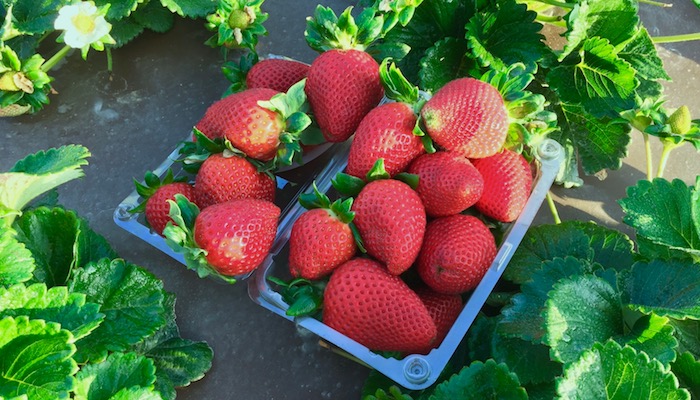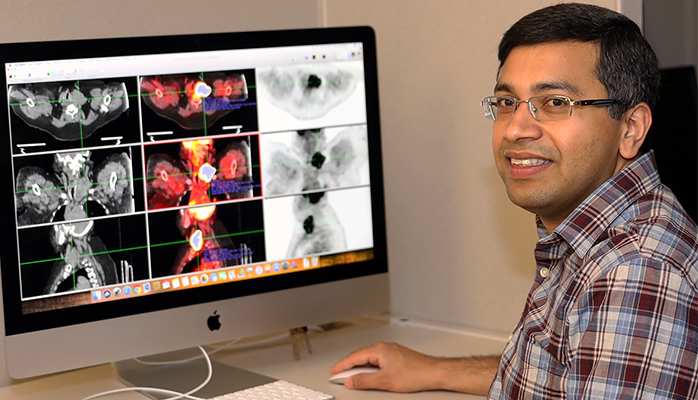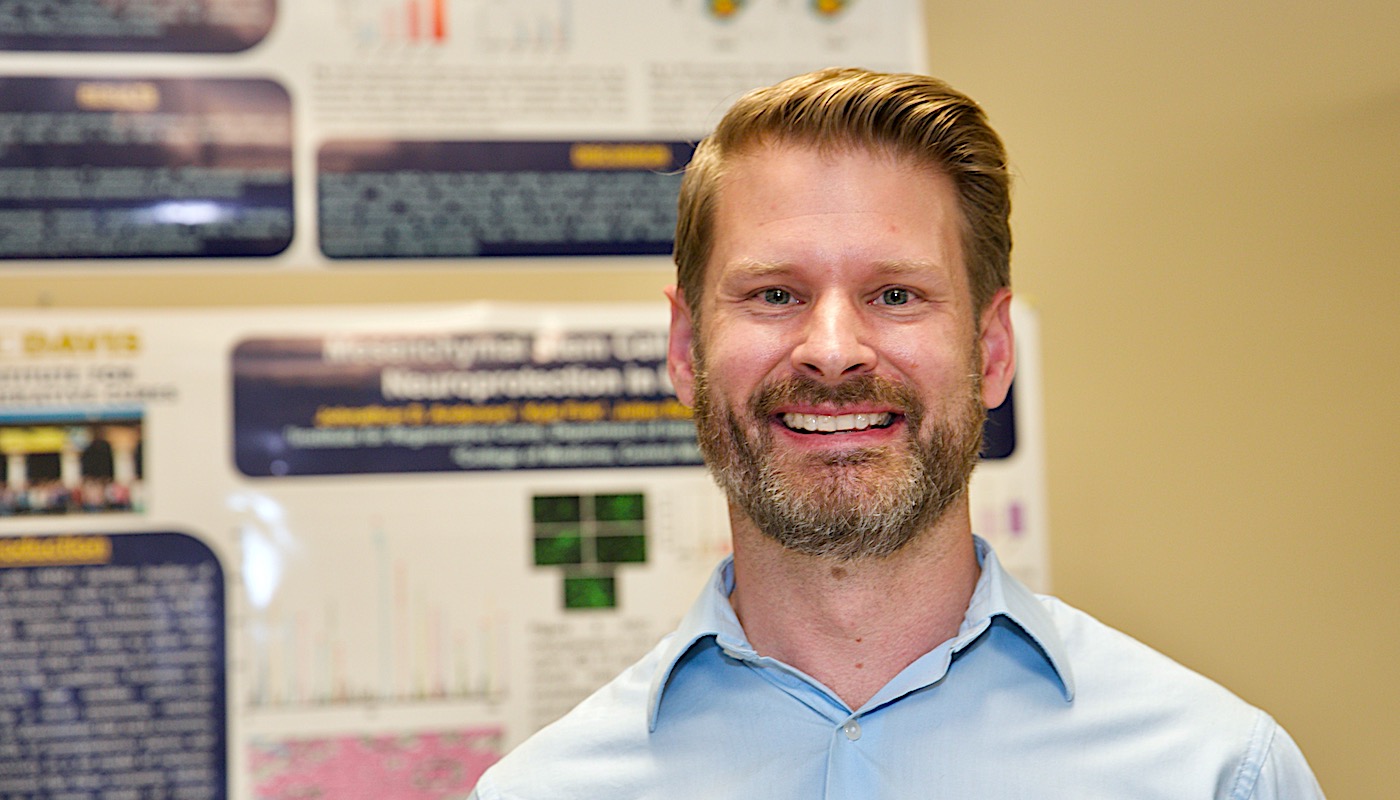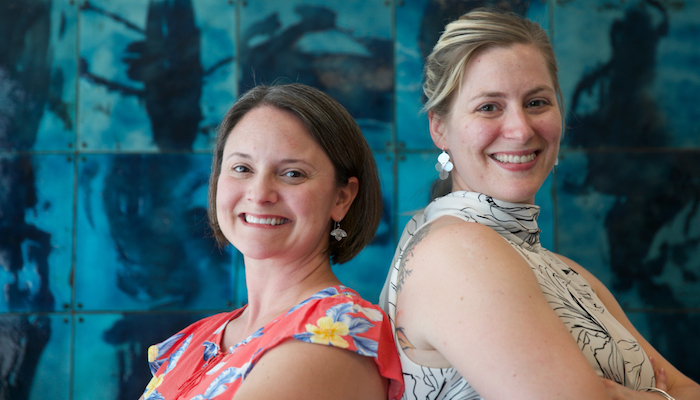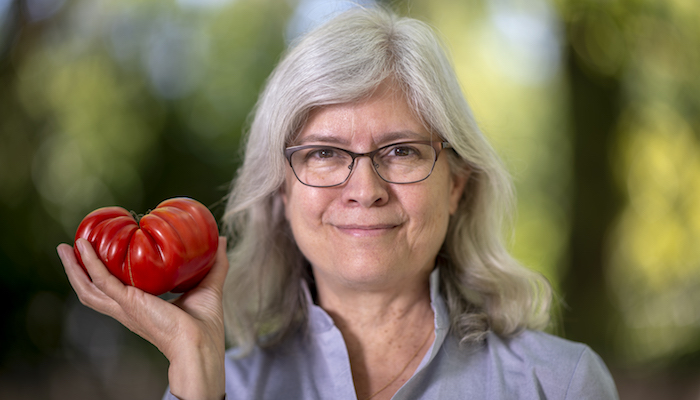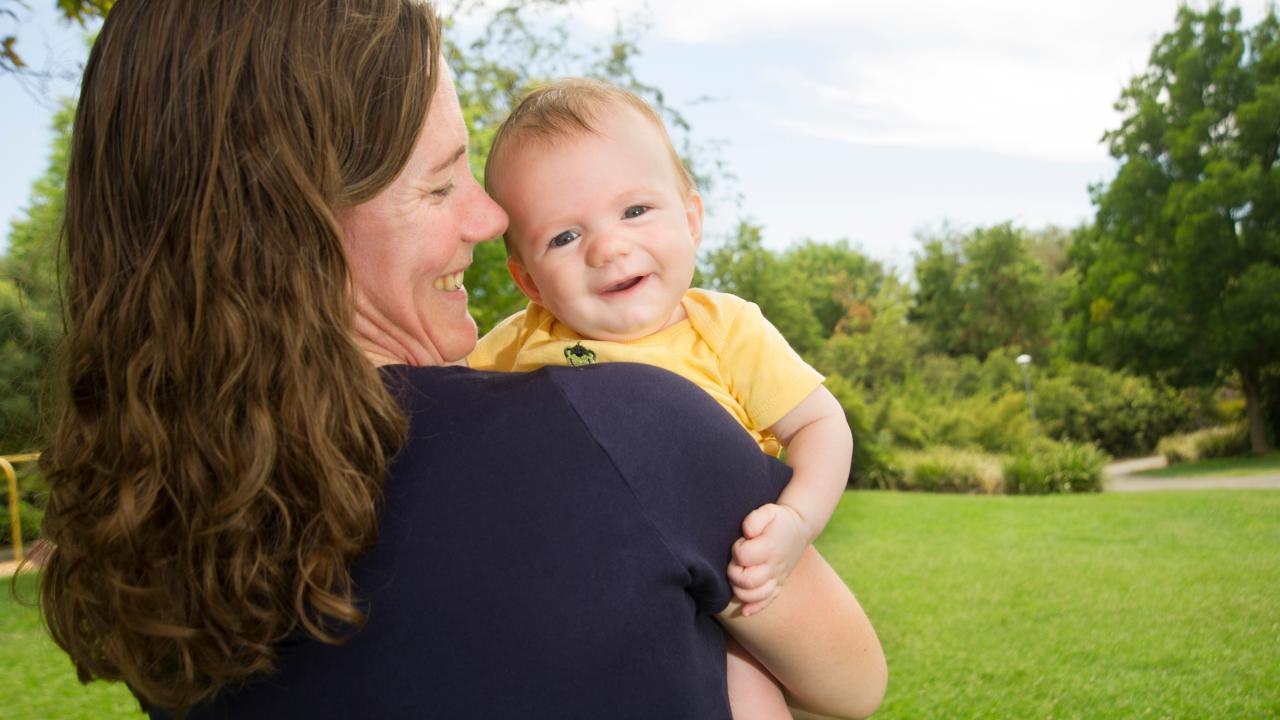UC Davis Connects with Industry Leaders at World Agri-Tech Summit
/in News /by Aj Cheline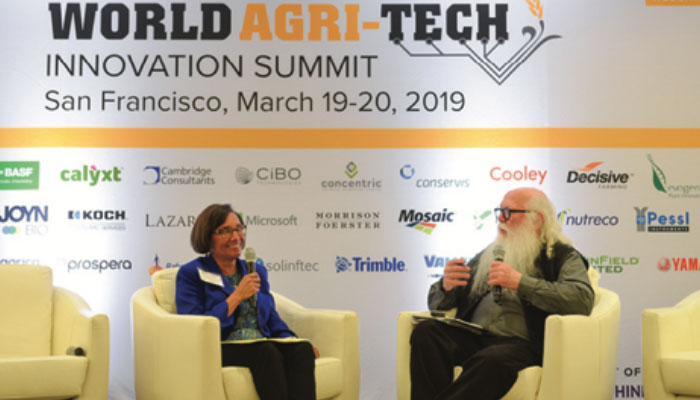
Helene Dillard, dean of the College of Agricultural and Environmental Sciences and Howard-Yana Shapiro, chief agricultural officer at Mars, Incorporated, kicked-off the Genomic and Translational Research Track with a discussion on how university-industry collaborations are accelerating innovation from pilot to full-scale commercial applications.
Original post: research.ucdavis.edu/uc-davis-connects-with-industry-leaders-at-world-agri-tech-summit
UC Davis joined over 1,300 industry leaders at this year’s World Agri-Tech Innovation Summit in San Francisco with the goal of accelerating the advancement of agtech solutions to transform the food supply chain into a more sustainable, affordable and nutritious system for future generations.
The theme for this year’s event was “Turning Disruptive Technology into Business Strategy Though Partnership and Collaboration.” Attendees included business leaders, venture capitalists, technologists, startups and international organizations with a focus in the agtech arena.
As the summit’s official Research Partner, UC Davis showcased its unique capabilities and strengths to enhance existing relationships and forge new partnerships with some of the industry’s prominent leaders.
“The Agri-tech Summit has grown from a small gathering of agtech focused pioneers to one of the premier convening venues for ideas, technology development and innovation — bringing together a global mix of established players, innovation-driven startups, investors and technology developers in agtech,” said Dushyant Pathak, associate vice chancellor for research and executive director of Venture Catalyst at UC Davis. “Our strong presence at the summit was invaluable in providing visibility to the innovation being led by UC Davis and our research partners at other universities — laying the foundation for future product development by our industry colleagues.”
During the first day of the conference, UC Davis led the Genomics and Translational Research track with discussions that included a deep dive into the next generation of breeding technologies, how to accelerate the development of innovation from pilot to full-scale commercial applications, an overview of the Earth BioGenome Project and a panel discussion highlighting ways corporate partners can engage effectively with universities to drive their commercial pipelines.
On the day preceding the summit, attendees were invited to join a site tour of UC Davis with stops at the Robert Mondavi Institute for Wine and Food Science, campus livestock facilities showcasing novel approaches to reducing methane emissions in dairy cattle and the UC Davis-HM.CLAUSE Life Science Innovation Center (part of the Venture Catalyst startup incubator network). The site visit also included a panel discussion highlighting the regional agtech innovation and entrepreneurship ecosystem.

